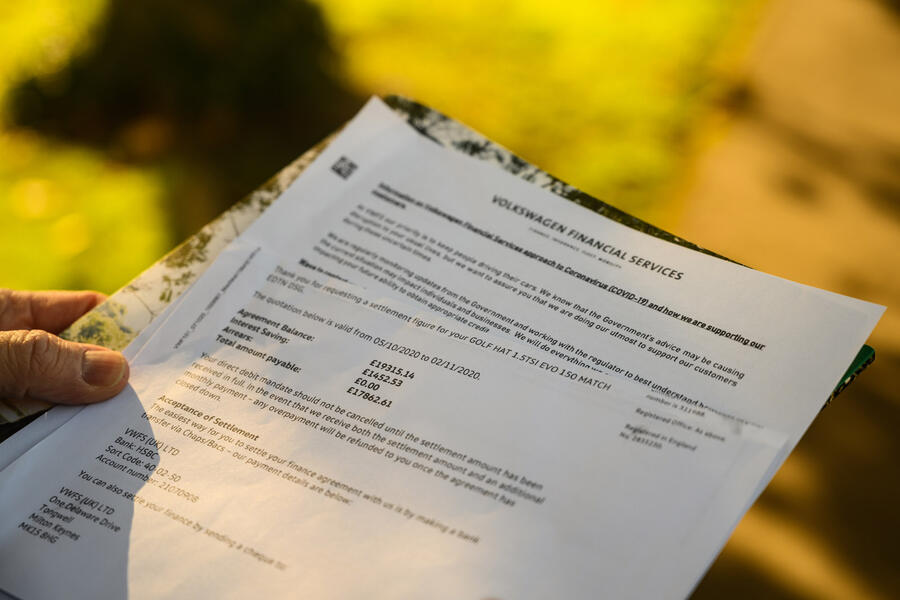Two years ago, Ian Ferguson was the regional manager of a major dealer group responsible for four dealerships – and then he chucked it all in and became an agony aunt. Well, not an agony aunt exactly, but a consumer advocate, and one with teeth in the shape of a legal team primed to go into battle should any dealer try playing hardball with one of his clients.
“I’d been in the motor trade for years, working my way to regional level,” he says. “However, once there I realised 90% of my time was spent sorting out problems with customers’ cars. I thought: ‘It doesn’t have to be like this.’”
He says the reason behind the problem is that many departmental managers in the motor trade are promoted on length rather than quality of service. To protect themselves and their budgets, and because they don’t know the law very well, he adds, most refuse to help customers when doing so might cost them money. Customers might then complain to the dealer principal, but their answer is the same and for the same reasons. It’s a short step from here to a customer wanting to reject their car.
Frustrated by his situation, Ferguson quit the motor trade to launch his own dispute resolution service, which he calls rejectmycar.com. “That was two years ago and it’s been a big success,” he says. “We take around 20 enquiries each week and have handled several hundred cases.”

Their strike rate is impressive, in part because they field enquiries to make sure clients have a credible case but also because, when they do accept a case, they have expert solicitors and seasoned barristers on hand to help. It sounds expensive.
“Depending on the complexity of the case, our fees can be anything from £1800 upwards, but everything is undertaken on a no win, no fee basis,” says Ferguson. “Occasionally, where we feel a client has a strong case but cannot afford to pursue it, we’ll help them for free.” So, what types of disputes are his company asked to resolve?
Wiring and water ingress
The most common dispute concerns vehicle wiring systems. “They’re susceptible to water ingress, and once water gets into a car’s electrical system, it can make the car unrepairable,” says Ferguson. “For example, we are dealing with a number of cases involving panoramic roofs that haven’t been bonded correctly and which are allowing water to short out the wiring deep inside the vehicle.”
Ferguson says in such cases the owner is often told to pay for the necessary diagnostic work first, even when the car is under warranty. This, he says, infringes the Consumer Rights Act 2015, which states that a customer is under no obligation to diagnose a fault, only to prove its existence.



Add your comment